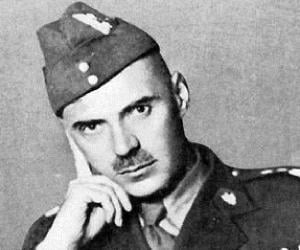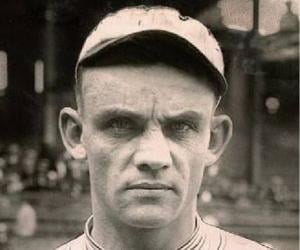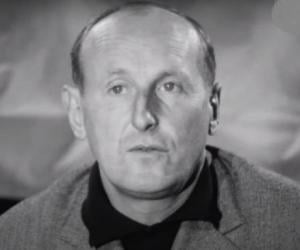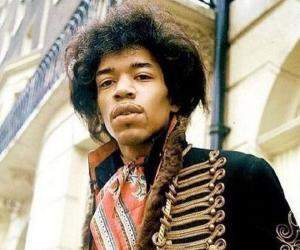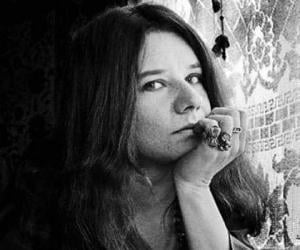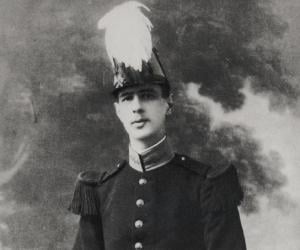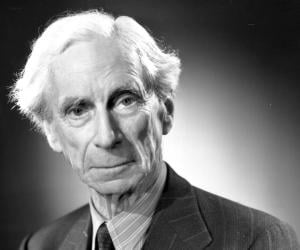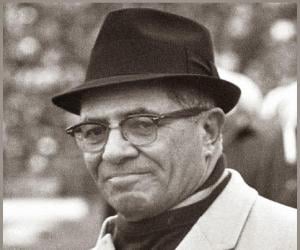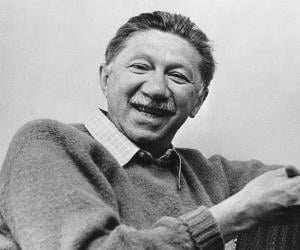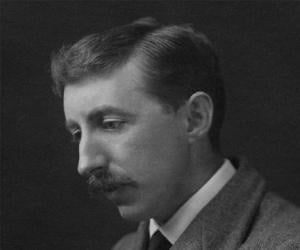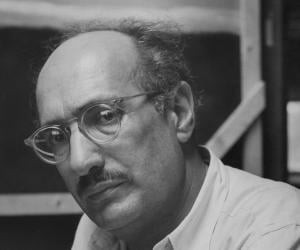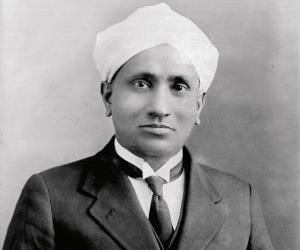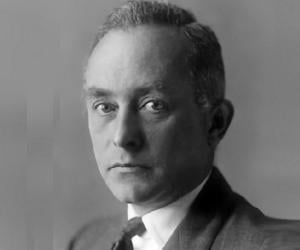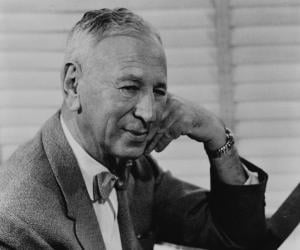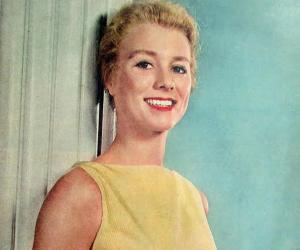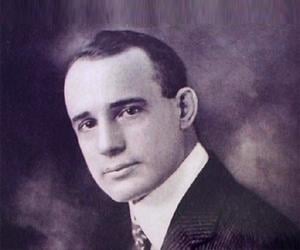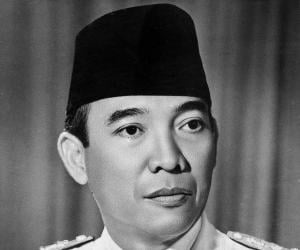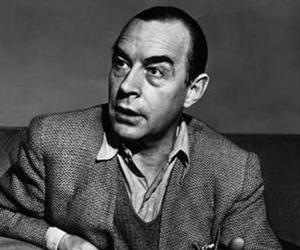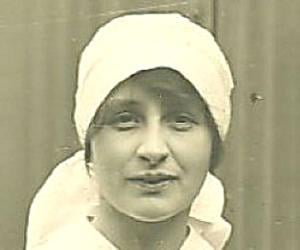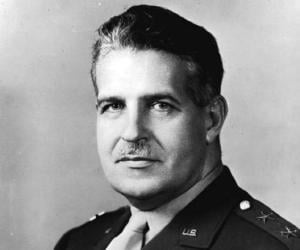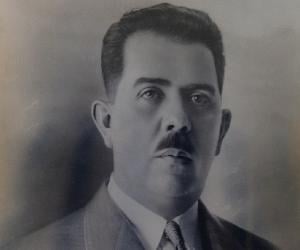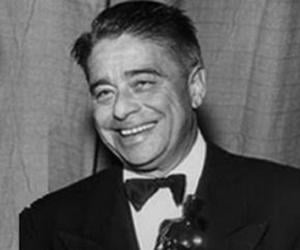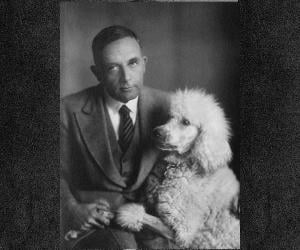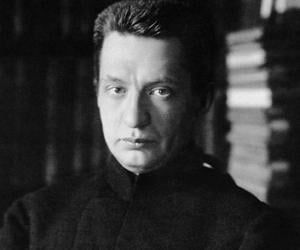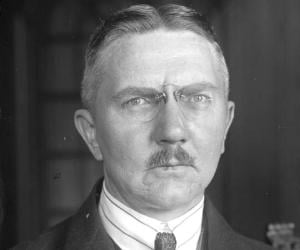One of the most celebrated musicians of the 20th century, Jimi Hendrix began playing guitar at the age of 15. As his career progressed, he became the first musician to use stereophonic phasing effects in recordings. Rolling Stone ranked him as the greatest guitarist and the sixth greatest artist of all time. He died under mysterious circumstances at the age of 27.
Best known for her powerful mezzo-soprano voice, Janis Joplin was one of the most successful rock stars of her era. Before dying at the age of 27, she achieved so much that Rolling Stone magazine included her in its 100 Greatest Artists of All Time list in 2004 and 100 Greatest Singers of All Time list in 2008.
Charles de Gaulle was a French statesman and army officer. Charles de Gaulle fought against Nazi Germany in the Second World War by leading the Free French Forces. He also worked towards re-establishing democracy in France. He founded the Fifth Republic, France's current republican system, and rewrote the Constitution of France. He then served as the president of France.
Bertrand Russell was a British polymath and Nobel laureate. His work, which is spread across various fields, has had a considerable influence on philosophy, cognitive science, artificial intelligence, mathematics, linguistics, and logic. Russell is also credited with leading the revolt against idealism in Britain and is regarded as one of the founders of analytic philosophy.
Football coach, Vince Lombardi, is best known for being the head coach of the Green Bay Packers during the 1960s. Beginning his career as a high school coach, he eventually started coaching National Football League (NFL) teams. As a head coach in the NFL, he never had a losing season. He died of cancer in 1970.
Abraham Maslow was an American psychologist best remembered for creating an idea in psychology called Maslow's hierarchy of needs. Maslow, who advocated self-actualization, is also credited with co-founding the school of transpersonal psychology. In 1967, he was adjudged Humanist of the Year by the popular non-profit organization, American Humanist Association.
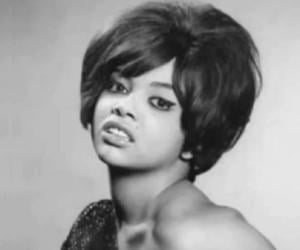
Best known for his iconic novels Howard’s End and A Passage to India, British author E. M. Forster dealt with themes such as class division and gender. Born in England and educated at Cambridge, he had also spent some time as a secretary to Maharaja Tukojirao III of India.
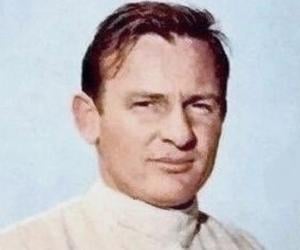
Bruce McLaren was a New Zealand engineer, inventor, racing car designer, and driver. He is credited with founding McLaren Automotive in 1963. Formula One's successful team, McLaren, is named after him. McLaren has been inducted into various halls of fame, including the New Zealand Sports Hall of Fame, Motorsports Hall of Fame of America, and International Motorsports Hall of Fame.
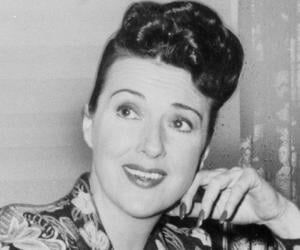
Gypsy Rose Lee was an American vedette and burlesque entertainer best remembered for her striptease act. She was also an actress, playwright, and author whose memoir inspired the 1959 stage musical, Gypsy. Lee's life inspired several works of art, including a song titled Gypsy Rose Lee by The Distillers. She also has a star on the Hollywood Walk of Fame.
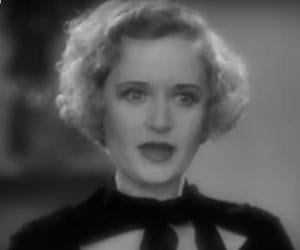
Considered part of the New York school of painters of the 1940s, Mark Rothko was best known for his signature color field paintings, consisting of vertically set rectangular patches of color. A significant figure of the Abstract Expressionist movement, he also experimented with murals and mythological themes.
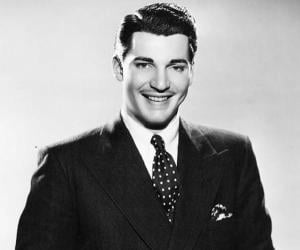
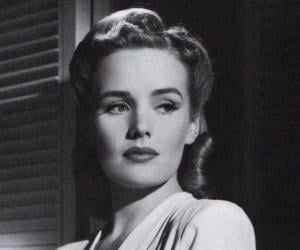
Pulitzer Prize-winning cartoonist Rube Goldberg, whose works gave rise to the expression Rube Goldberg machines, had started as an engineer and designed sewer pipes. He later worked for the San Francisco Chronicle and eventually soared to fame with his cartoons depicting gadgets and the character Professor Lucifer Gorgonzola Butts.
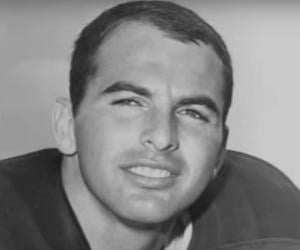
Inger Stevens was a Swedish-American actress whose promising career was cut short when she committed suicide at age 35. Stevens is remembered for her performance in TV series like The Farmer's Daughter, for which she received the Golden Globe for Best TV Star – Female in 1963. Her performance in the series also earned her an Emmy nomination in 1964.
Sukarno was an Indonesian politician who played a major role in the Indonesian struggle for independence. An important leader of the country's nationalist movement, Sukarno declared Indonesian independence from the Dutch Empire and became Indonesia's first president in 1945. He was successful in resisting Dutch re-colonization efforts and went on to serve as the Indonesian president until 1967.
German novelist Erich Maria Remarque is best remembered for his landmark novel All Quiet on the Western Front. Born in the late 1890s, he was conscripted into the German Imperial Army during World War I. His wartime experiences later motivated him to write what would become his seminal work. He also authored many other poignant novels.

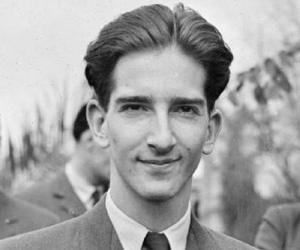
Peter II of Yugoslavia reigned as the last king of Yugoslavia from 9 October 1934 until his ousting from power on 29 November 1945. Considered the last reigning king of the Karađorđević dynasty, Peter II of Yugoslavia moved to the USA after his deposition where he suffered from alcoholism and depression.
US Army officer Leslie Groves is best remembered for his association with the Manhattan Project, which was aimed at developing atom bombs during World War II. He was also in-charge of building a place to house the War Department’s staff in a structure that later became the Pentagon.
Lázaro Cárdenas had a difficult childhood and supported his family doing odd jobs after his father’s death. He rose to be the president of Mexico and was known for his efforts to implement the objectives of the Mexican Revolution, such as nationalization of industries and making loans available to farmers.
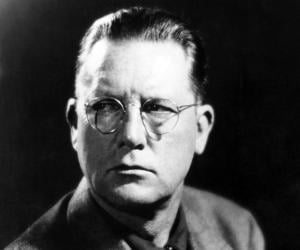
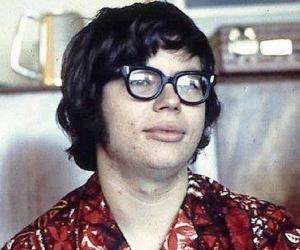
Otto Heinrich Warburg was a German medical doctor and physiologist. In 1931, his discovery of the nature of the respiratory enzyme earned him the prestigious Nobel Prize in Physiology or Medicine. He also played an important role during World War I where he served as an officer in the cavalry regiment; he was honored with the Iron Cross for bravery.
Alexander Kerensky was a Russian revolutionary and lawyer who played a major role in the Russian Revolution of 1917. Alexander Kerensky is often portrayed in films and TV series. In the 1971 epic historical drama film Nicholas and Alexandra, he was played by John McEnery. In the 2019 series The Last Czars, he was portrayed by Kestutis Cicenas.
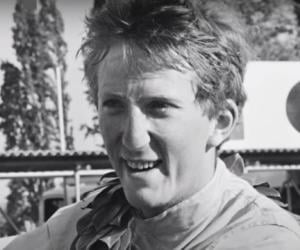
Though born in Germany, racer Jochen Rindt competed for Austria throughout his illustrious career, which saw him score 6 Grand Prix wins. At 28, he was killed in a practice race for the Italian Grand Prix. He later became the only racer to be posthumously named the F-1 World Champion.
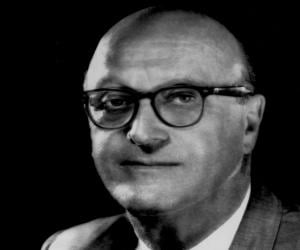
German banker Hjalmar Schacht was appreciated for his role in saving the Weimar Republic from inflation and later served as the Reichsminister of Economics under Adolf Hitler. Following as assassination attempt on Hitler, her was imprisoned, but was later freed and then set up his own bank in Düsseldorf.
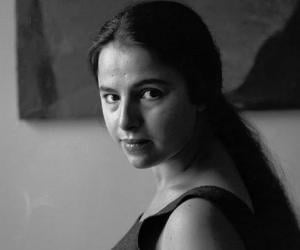
Born in Germany, Eva Hesse moved with her family to England, and then to the U.S., in a bid to escape the Nazi regime. Her death due to brain tumor at age 34 cut short her dynamic career. A sculptor and painter, she experimented with media such latex, metal, and mesh.
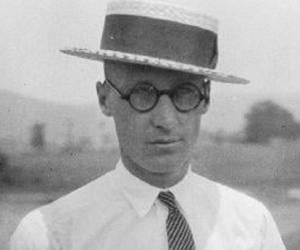
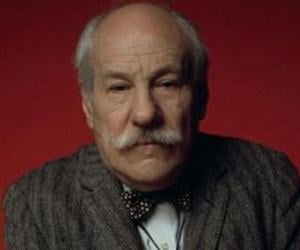
Barnett Newman was an American artist widely regarded as one of the most prominent figures in abstract expressionism. Although his work was unappreciated for much of his life, it served as a major influence on several younger artists like Bob Law, Frank Stella, and Donald Judd.
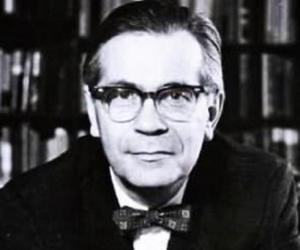
Richard Hofstadter was an American intellectual and historian who served as a professor at Columbia University. Hofstadter mentored Eric Foner and Paula S. Fass, who became respected historians in their own right. In 1956, Hofstadter won the prestigious Pulitzer Prize for his work The Age of Reform. In 1964, he received his second Pulitzer Prize for Anti-intellectualism in American Life.
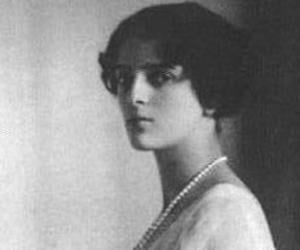
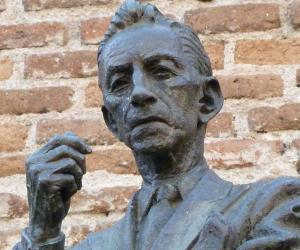
Agustín Lara was a Mexican composer and songwriter. Apart from gaining popularity in Mexico, Lara's work has also been appreciated in places like the Caribbean, United States, Spain, Italy, Japan, and Central and South America. Many of his songs have been recorded by several international singers like Enrico Caruso. Lara's life inspired the 1959 film The Life of Agustín Lara.
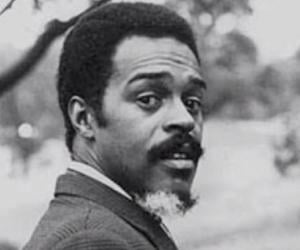
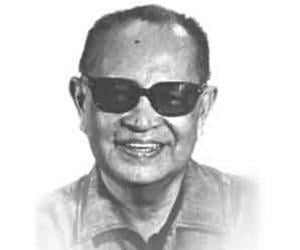
Amado V. Hernandez was a Filipino labor leader and writer. He is best remembered for his participation in the communist movement, for which he was arrested and imprisoned. Amado V. Hernandez criticized the social injustices in the Philippines through his writings and often included his experiences as a labor leader and as a guerrilla in his socio-political novels.
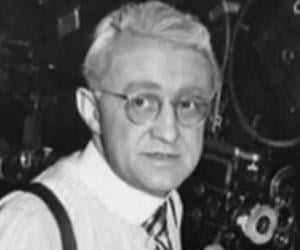
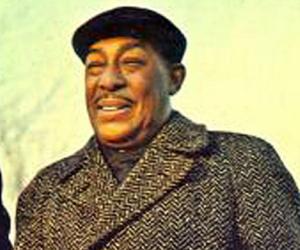
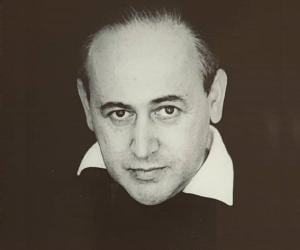
Paul Celan was a Romanian-born poet who wrote in the German language. One of the most important and influential German-language poets of the post-Second World War era, Celan was awarded the Bremen Literature Prize and the Georg Büchner Prize in 1958 and 1960 respectively. Paul Celan is also remembered for his work as a translator.
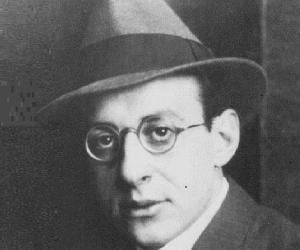
Fritz Perls initially fought in World War I, following which he treated brain injuries of soldiers. He was later drawn to Freudian psychoanalysis. During World War II, he was the psychiatrist for the South African military. His Gestalt therapy, which he co-created with his wife, Laura, redefined psychology.
